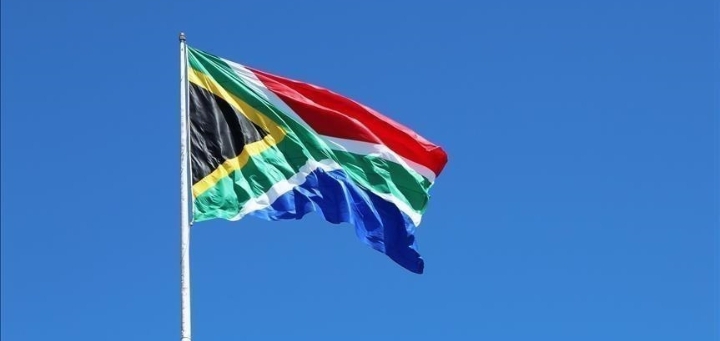South Africa expressed concern over U.S. tariffs, stressing the need for a new trade agreement. The tariffs impact key exports, but South Africa’s diverse trade relationships offer some protection. The rand weakened amid political instability over budget disagreements.
South Africa Raises Concerns Over U.S. Tariffs and Political Instability


As the effects of the tariff increases imposed by U.S. President Donald Trump continue to reverberate across the globe, South Africa’s presidency has expressed its growing concerns.
In a statement, South African officials noted, "While we remain committed to a mutually beneficial trade relationship with the United States, unilaterally imposed and punitive tariffs are a concern and serve as a barrier to trade and shared prosperity." They further emphasized that these tariffs underscore the pressing need to negotiate a new bilateral trade agreement with the U.S., one that is mutually beneficial. This, they stressed, is a crucial step toward securing long-term trade stability.
Trump's tariff policies, which include a 30 percent rate on goods from South Africa, have had a particularly significant impact on the nation, which exports a diverse range of products to the U.S., its second-largest export destination. Xhanti Payi, a prominent South African economist, highlighted that South Africa has a broad and expansive trade relationship with the U.S. This relationship includes both "hard commodities," such as steel, and "soft commodities," such as agricultural products, including citrus and grapes. However, Payi also pointed out that South Africa exports other key products to the U.S., notably over $2 billion worth of vehicles and parts. These sectors are crucial to South Africa's economy and are expected to be adversely affected by the tariff hikes.
Payi further explained that smaller countries, which tend to have less diversified economies, will likely bear the brunt of these tariff increases. In contrast, South Africa's more diversified export portfolio and its trade relationships with a wide array of countries could mitigate some of the negative effects.
Meanwhile, the South African rand depreciated to a three-month low on Wednesday, impacted not only by the tariff hikes but also by concerns over the future stability of the country’s coalition government. This uncertainty stems from potential tensions within the government, particularly regarding the Democratic Alliance's disagreements over South Africa's 2025 budget.

 বাংলা
বাংলা  Spanish
Spanish  Arabic
Arabic  French
French  Chinese
Chinese 
